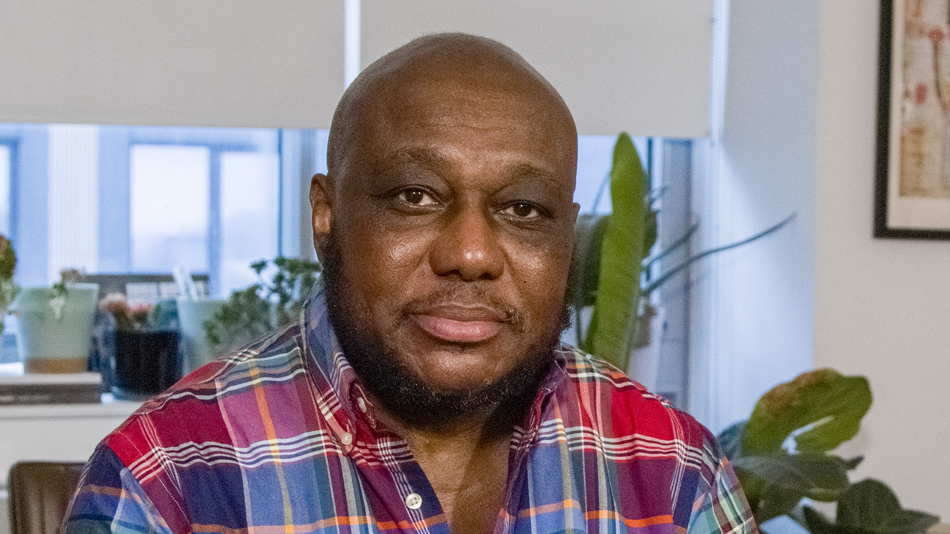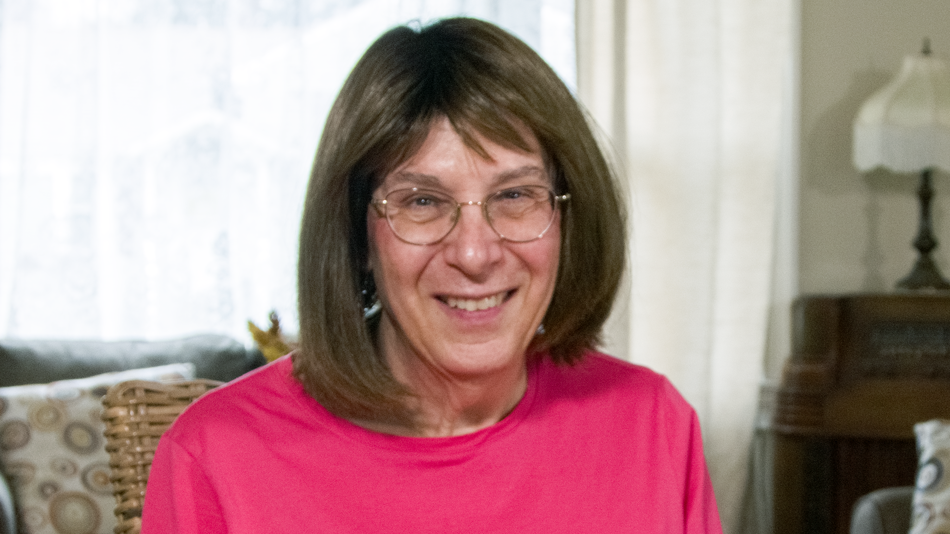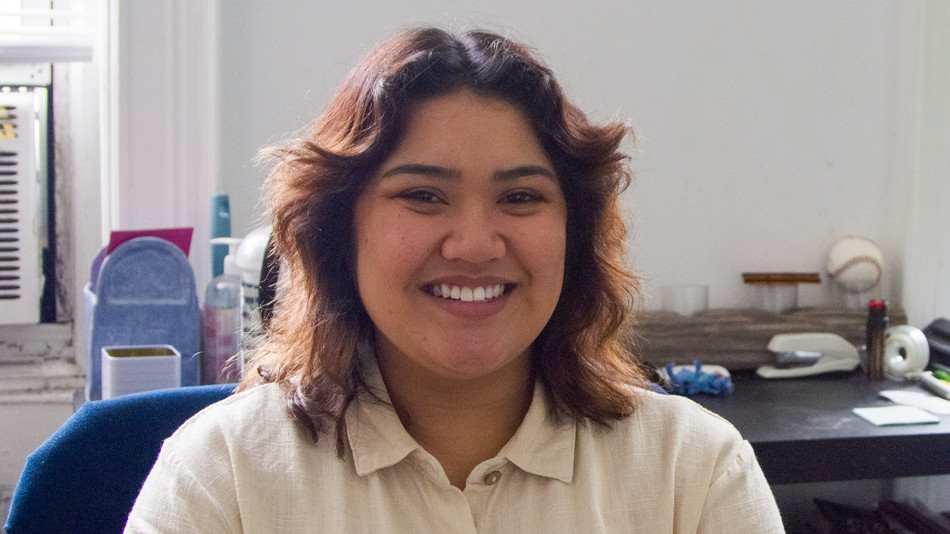
I am a survivor of Aesthetic Realism, one of the world’s first ex-gay cults. I grew up in the ‘70s the victim of lots of derision. I was constantly reminded by my family and schoolmates that I wasn’t good at sports, that I had a funny, high voice; that I acted “like a girl.”
My mother feared that I would be gay so from an early age I was screamed at and punished whenever I attempted to play with girls. This was her way of trying to keep me straight. I even remember being sent to my room and made to sit for hours in silence because I’d talked to a girl who lived in our Bronx apartment house.
To me being gay meant being a victim. I wanted to fit in. So when I started taking acting classes in Greenwich Village, and my teacher announced that her husband was the “first man to change from homosexuality” through Aesthetic Realism I jumped at the chance to join up. I convinced my parents to pay for AR encounter groups, which the cult calls “consultations.” AR promised to relieve my self-loathing. I bought in.
I started taking Aesthetic Realism consultations. Here’s how they worked. You sat in a booth facing three self-hating homosexuals (one of them being Sheldon Kranz that “first” man to go straight). They would then teach you the principles of AR: You were homosexual because you had contempt for your mother. This extended to all other women. By having contempt for women, you were by extension having contempt for the whole world. Homosexuality, in other words, was the result of an erroneous world-view and an ethical failing.
It was pure crap, but to a desperate and depressed late-adolescent it sounded plausible. I was told that if I allowed them to “criticize” my contempt for the world and women I would, in time, become heterosexual. I heard all sorts of trash talk about my relationship with my mother, my abusive father (whom they praised for standing up to my “contempt for women”); and when my brother, a doctor, raised questions about the efficacy of AR, the three self-haters demanded that I break off my relationship with him.
Anyone who asked serious questions or posed serious challenges was “an enemy” to AR and should be avoided, including members of your immediate family. You had to prove your loyalty by constant, effusive statements of praise to Eli Siegel, the cult’s founder. You were “encouraged” to write letters praising Siegel, which provided him, of course, with reams of testimonials.
After a year of consultations, I confessed that I still felt gay. I was having sexual thoughts about another male group member. Sheldon Kranz, the “first man to change” giggled nervously and said, “You’d be surprised at who still has those thoughts.” I was then served the standard AR excuse: I was having gay fantasies because I hated my “gratitude” to Eli Siegel and therefore wanted to make him look bad.
I learned that many of the men who’d gone “straight” eventually quit the cult and returned to a gay lifestyle. One man who married and had a child confided in me that sex with his wife was never as “hot” as it was with men. I heard from some of the “changed” men’s wives and girlfriends that their sex lives were pathetic. One woman confided that her husband hated having sex but loved to make cookies with her.
After years of hiding the fact that I was still gay, thinking it was a failing on my part, I gathered the courage to quit AR. It wasn’t easy. Escaping a cult never is. The indoctrination process creates a lot of internal pressure. One AR leader told me, “You can leave; but one has to like oneself.” Members warned me that if I quit the cult I might lose my mind, or my mother might die of cancer. (The logic of that one was never explained.) After escaping, I sought treatment. With the support of a good therapist, I was de-programmed from AR, came out of the closet, and claimed my manhood. I have led a productive life as a teacher, author and openly gay adoptive parent and grandfather. Do I like myself, now? You bet!








Share